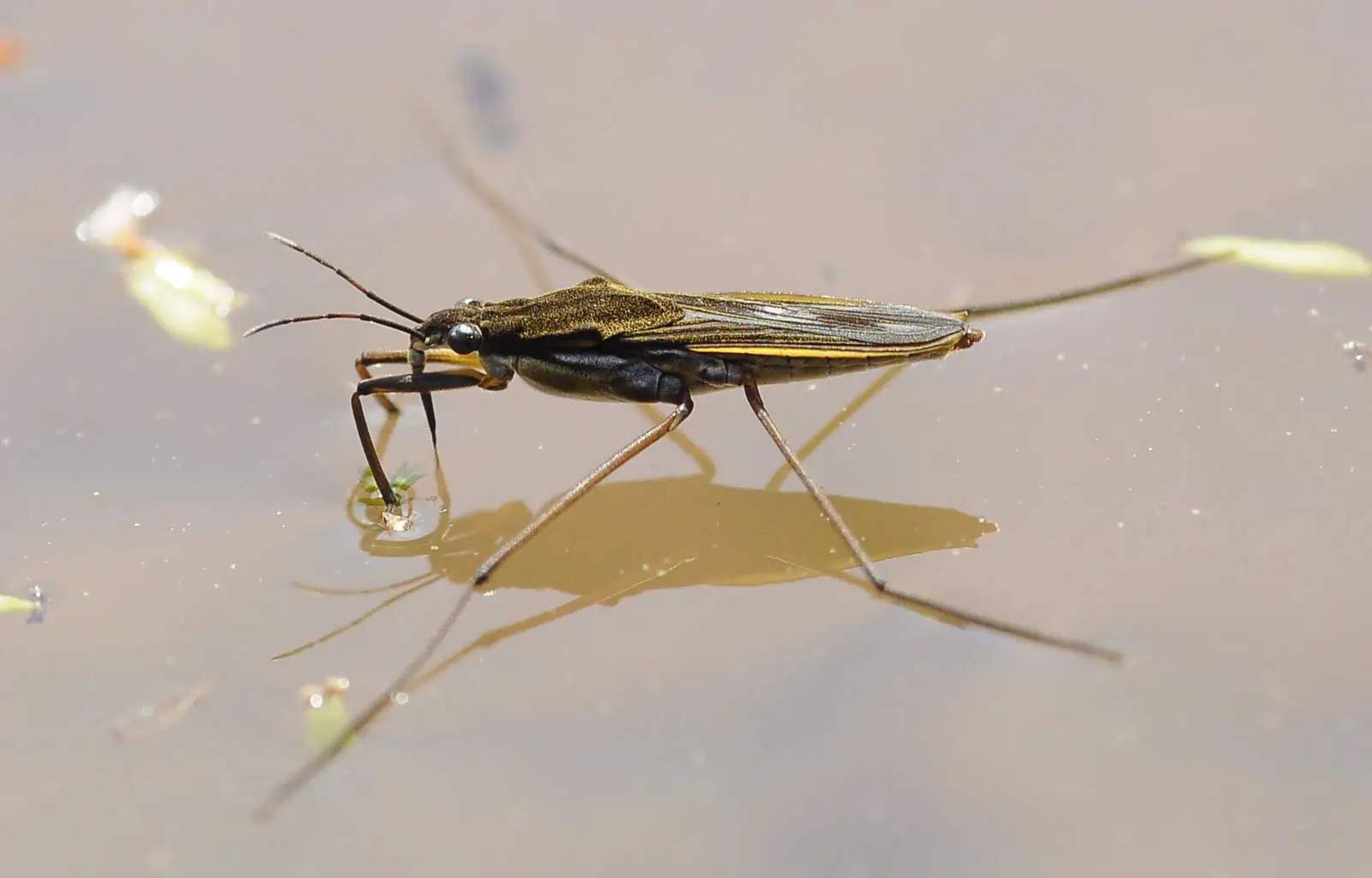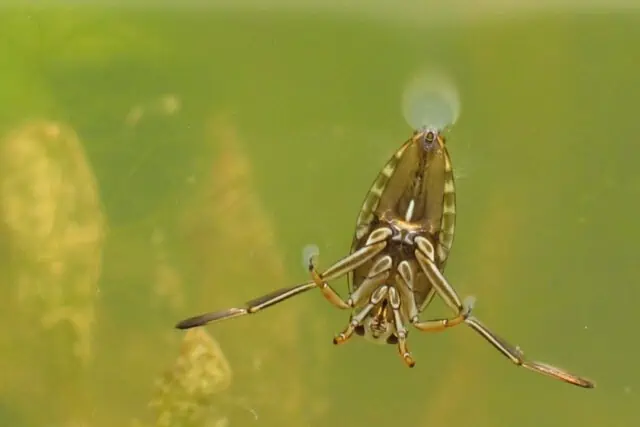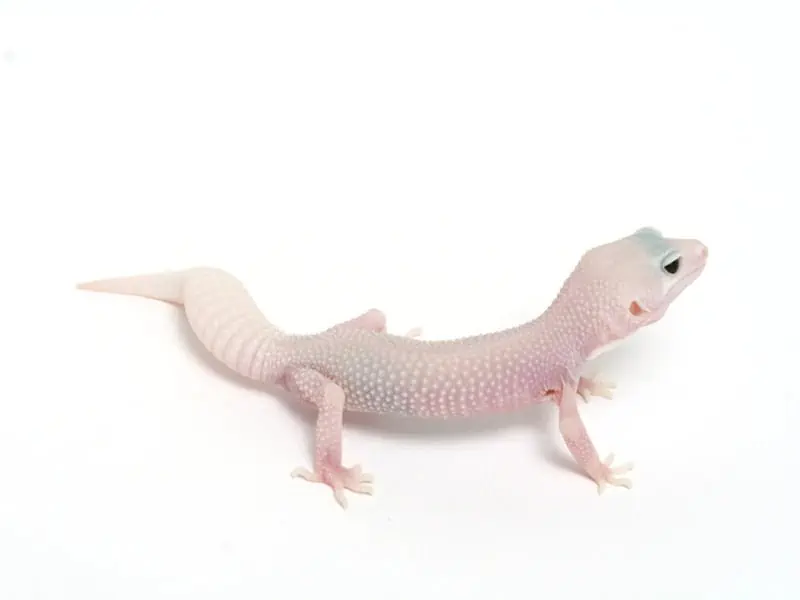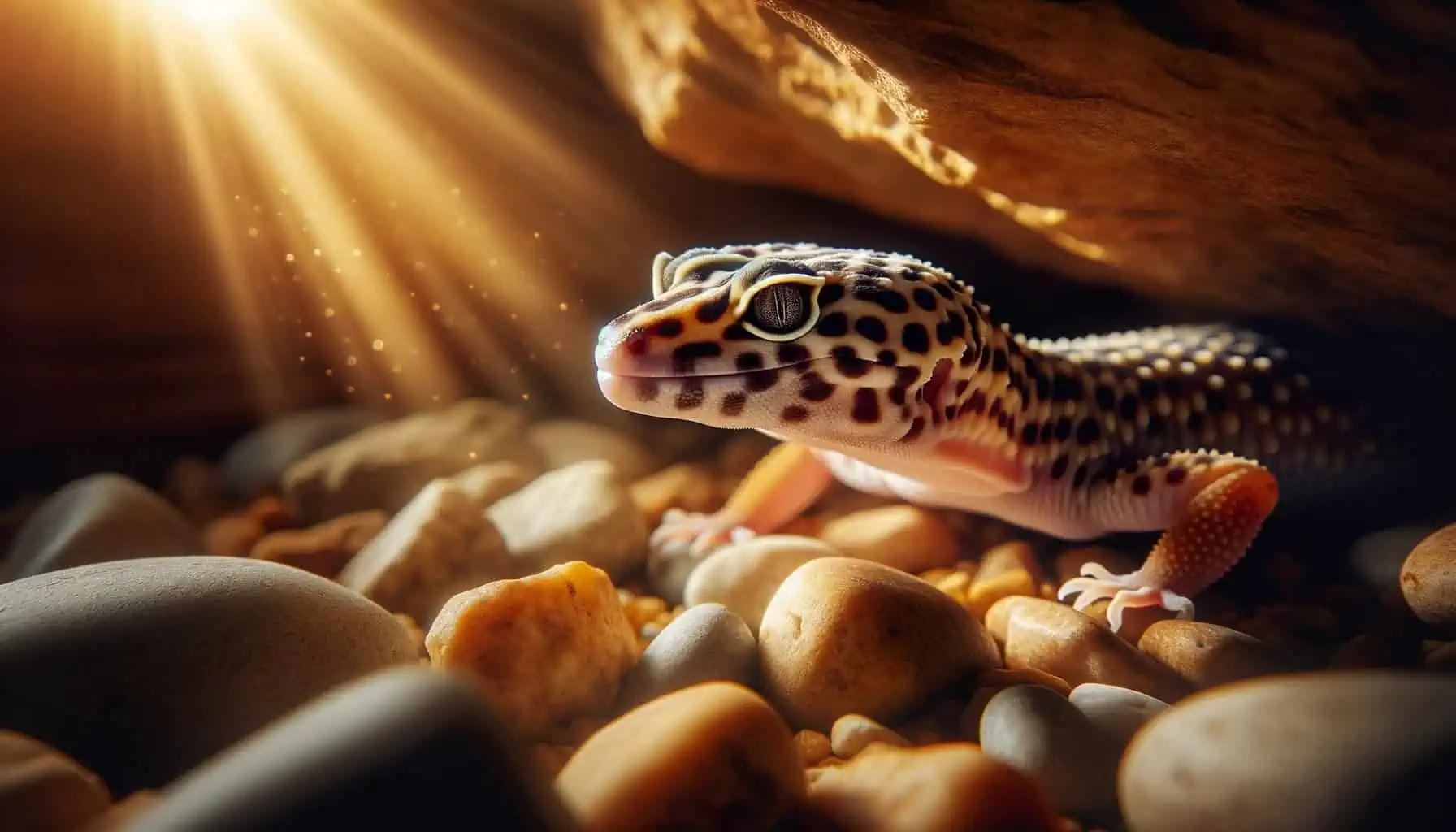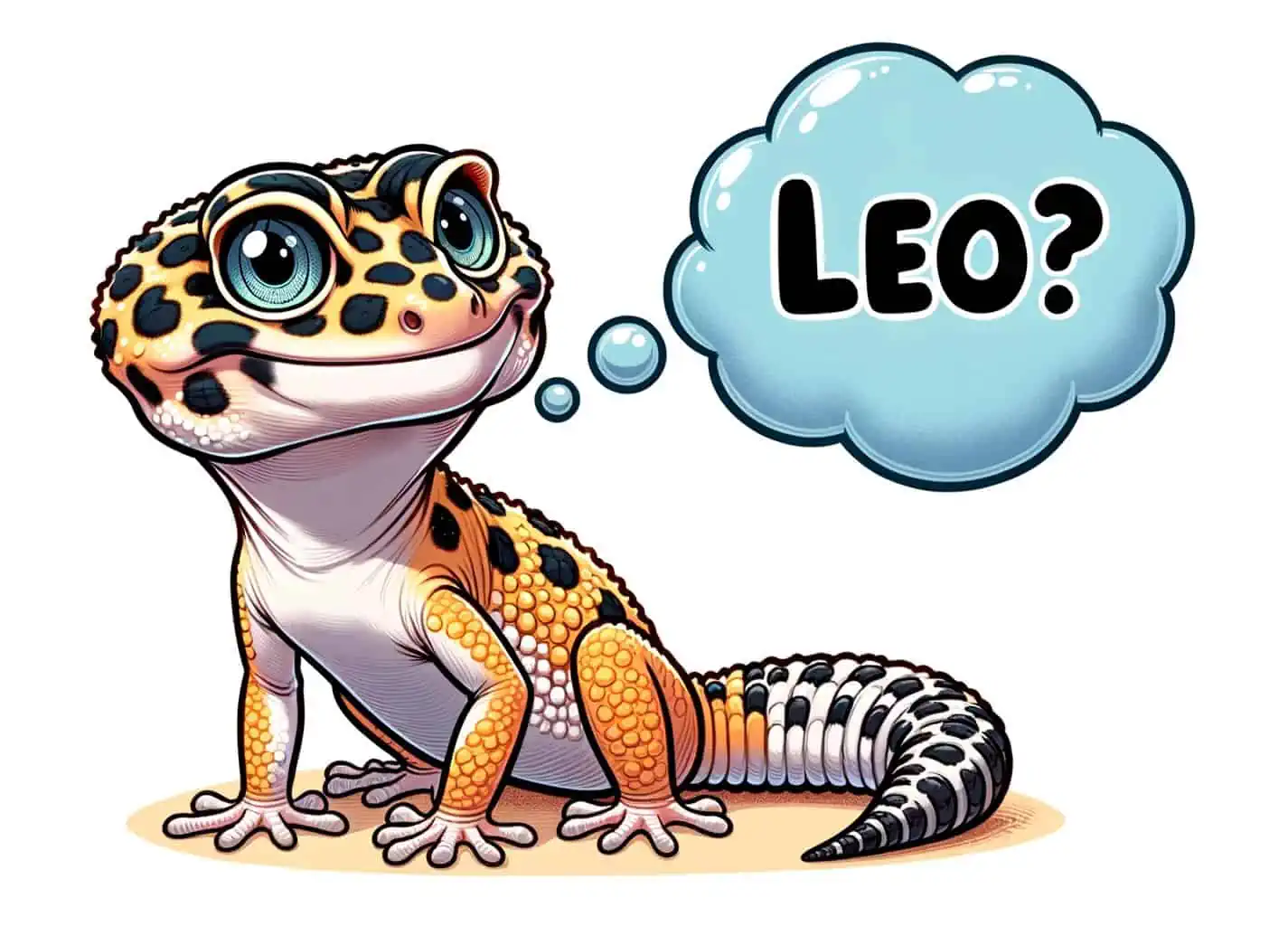Leopard geckos can indeed eat water bugs, making them an interesting food option for these popular reptiles. Water bugs can offer substantial nutritional benefits to leopard geckos, but it is essential for owners to consider the specific dietary needs, preferences, and potential risks to ensure the overall health and happiness of their pets.
Proper research and precautions can help gecko owners incorporate water bugs into their pets’ diet safely, adding variety and essential nutrients. Balancing the diet with other appropriate food sources is crucial to avoid any nutritional deficiencies or health complications.
Water Bugs as Food: Water bugs can be a nutritious food source for leopard geckos, but they should only be a part of a balanced diet.
Safety First: Avoid feeding wild-caught insects due to potential risks like toxic substances and parasites. Always opt for insects from reputable sources.
Proper Preparation: Before feeding, ensure insects are gut-loaded with a high-quality diet for at least 24 hours. Additionally, dust them lightly with phosphorus-free calcium powder.
Size Matters: For your gecko’s safety, never offer prey that’s larger than the space between their eyes.
Potential Pitfalls: Overfeeding and an improper diet can lead to issues like weight gain and regurgitation in geckos. Ensure a varied diet to prevent these problems.
Can Leopard Geckos Eat Water Bugs?
Yes, leopard geckos are capable of eating water bugs, offering them a diverse and nutritional food source. However, while integrating water bugs into their diet can be beneficial, it is crucial to do so with caution.
Is it Nutritious for Them?
Water bugs can indeed be a healthy and nutritious food source for leopard geckos. They are known for their high protein content, crucial for the growth and maintenance of body tissues in geckos. Along with protein, water bugs offer a range of vitamins and minerals, contributing to a balanced diet that supports overall well-being.
However, pet owners should be cognizant of potential risks and health concerns associated with feeding water bugs. Like any food source, it’s essential to source them from reputable places to avoid contaminants or parasites, which can jeopardize the health of the gecko.
Table: Nutritional Value of Water Bugs
| Nutrient | Amount |
|---|---|
| Protein | High |
| Vitamins | Varied |
| Minerals | Varied |
Ensuring a balanced and varied diet is pivotal for the proper nutrition and overall health of leopard geckos. Integrating different food items, along with water bugs, can prevent nutritional deficiencies and promote longevity and happiness in these pets.
Do They Provide a Source of Protein?
Water bugs are indeed a significant source of protein for leopard geckos. They provide essential amino acids required by the geckos to build and repair tissues. This source of protein is vital as it aids in the healthy growth and development of the geckos, ensuring they lead a robust and active life.
Protein plays a critical role in the diet of leopard geckos. It is crucial not just for growth but also for maintaining muscle mass and overall health. A protein-rich diet can help in preventing various health issues and contributes to the longevity and vitality of the geckos.
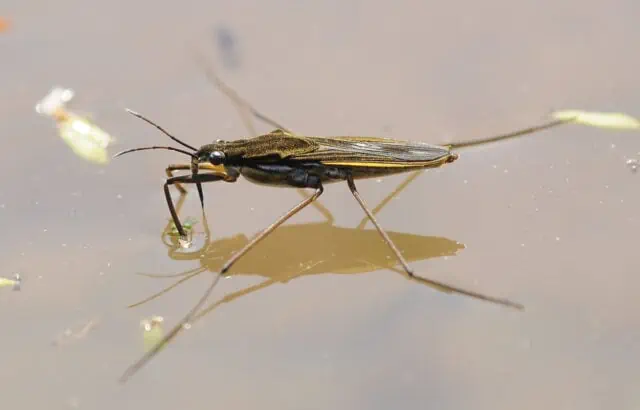
Table: Common Water Bugs for Leopard Geckos
| Water Bug Type | Protein Content |
|---|---|
| Backswimmer | High |
| Water Strider | Moderate |
| Water Scorpion | High |
The common water bugs like Backswimmers, Water Striders, and Water Scorpions can be included in the diet of leopard geckos for their protein content. However, proper sourcing and preparation are crucial to avoid any adverse effects.
What are the Safety Considerations?
When incorporating water bugs into the diet of leopard geckos, there are several safety considerations that need attention. These include ensuring the insects are free from contaminants and are appropriately sized to prevent choking hazards for the geckos.
Feeding wild insects can pose potential risks due to the presence of toxic substances and parasites. Wild-caught bugs might have been exposed to pesticides or might be carrying harmful microorganisms, endangering the health of the gecko. Therefore, securing insects from reputable sources is crucial to mitigate these risks, ensuring they are safe and suitable for leopard geckos.
Table: Guidelines for Choosing Safe Feeder Insects
| Guideline | Purpose |
|---|---|
| Source from reputable suppliers | To avoid contaminants and toxins |
| Choose insects that are appropriate in size | To prevent choking hazards |
| Ensure insects are free from parasites and diseases | To protect gecko’s health |
When selecting water bugs or any other feeder insects, it’s vital to choose ones that are not larger than the space between the gecko’s eyes. This prevents the risk of choking or ingestion difficulties for the gecko, contributing to safer feeding practices.
Feeding Water Bugs to Leopard Geckos
Introducing water bugs into the diet of leopard geckos can be highly beneficial, offering a rich source of protein and other essential nutrients. However, doing so requires careful attention to selecting the right types of water bugs, preparing them adequately, and ensuring they are sourced from safe and reputable suppliers.
Choosing the Right Type of Water Bug
Selecting the appropriate type of water bug is crucial for providing safe and nutritious food to leopard geckos. Each type has distinct characteristics and benefits, and understanding them is key to ensuring the well-being of your pet.
Table: Types of Safe Water Bugs for Leopard Geckos
| Water Bug Type | Characteristics | Benefits |
|---|---|---|
| Backswimmer | Swims upside down, fast-moving | High in protein, aids in growth and muscle development |
| Water Strider | Skates on water surfaces, long-legged | Moderate protein, suitable for balanced nutrition |
| Water Scorpion | Has pincer-like forelimbs, ambush predator | High in protein, contributes to overall health |
- Backswimmers are known for their unique upside-down swimming and are swift movers. They are rich in protein, aiding in the growth and muscle development of the gecko.
- Water Striders, recognizable by their long legs and ability to skate on water surfaces, offer moderate levels of protein and are an excellent option for maintaining balanced nutrition.
- Water Scorpions are ambush predators and possess pincer-like forelimbs. They bring high protein content, contributing to the overall health and vitality of leopard geckos.
Preparing the Food for Your Pet Gecko
Preparing the food properly is just as crucial as selecting the right type of water bug for your leopard gecko. Proper preparation not only ensures that your pet is receiving the right amount of nutrition but also avoids potential health risks.
- Dusting with Calcium Powder: Before feeding, lightly dust the live insect prey with a phosphorus-free calcium powder. This process is vital for the leopard gecko’s bone health, as it prevents metabolic bone disease.
- Gut-Loading Prey Items: Ensure that the water bugs have been gut-loaded with a high-quality diet for at least 24 hours prior to feeding them to the gecko. Gut-loading is essential as it enriches the nutritional value of the bugs, providing more nutrients to the gecko.
- Providing Clean Water and Calcium: It’s also essential to provide clean, fresh water in a shallow container and have a separate shallow dish containing calcium powder accessible to your gecko, allowing it to intake essential minerals as needed.
Table: Steps to Prepare Food for Leopard Geckos
| Step | Description | Purpose |
|---|---|---|
| Dust with Calcium | Lightly coat insects with phosphorus-free calcium powder | To supplement calcium and avoid metabolic bone disease |
| Gut-Loading | Feed insects a high-quality diet for at least 24 hours before feeding | To enhance the nutritional value of the insects |
| Provide Water and Calcium | Place fresh water and calcium powder in shallow dishes within the gecko’s enclosure | To ensure access to essential minerals and hydration |
Potential Problems with Feeding Water Bugs to Leopard Geckos
While water bugs can be a nutritious food source for leopard geckos, it’s crucial to acknowledge and understand the potential problems associated with feeding them. In the end, most food sources can be an issue when they’re sourced from the wild, but they’re going to be an easier sell to the gecko compared to commercially available insects, such as canned crickets and the like.
Picky Eaters and Adult Geckos
Dealing with picky eaters is a common challenge among adult leopard geckos. Several factors contribute to this selective eating behavior, impacting the variety in their diet, which is crucial for their health.
Factors Contributing to Picky Eating:
- Habituation: Geckos often become accustomed to a specific type of food and may resist trying new ones.
- Illness or Stress: Health issues or stress can also impact their eating preferences, making them more selective.
Importance of a Varied Diet:
A varied diet is vital as it ensures that the gecko receives a range of nutrients, preventing nutritional deficiencies and promoting overall well-being. That doesn’t mean that you should just give them anything, and I’d suggest avoiding wet cat food or other foods you’d give to your other pets.
Encouraging Varied Diet:
- Introduce New Food Gradually: Slowly incorporating different food items can acclimate the gecko to new tastes.
- Mix New and Familiar Foods: Combining new food with their regular diet can make the transition smoother.
Table: Strategies to Encourage a Varied Diet in Adult Geckos
| Strategy | Description | Benefit |
|---|---|---|
| Gradual Introduction | Slowly introduce new food items to their diet | Acclimates geckos to new tastes and textures |
| Mix Foods | Combine new food with familiar ones in the diet | Smoothes the transition to varied food options |
Dehydration and Poor Nutrition
Feeding water bugs to leopard geckos, while nutritious, does pose potential risks of dehydration and poor nutrition if not managed correctly. The anatomy of a water bug might not retain as much water, making it vital to monitor hydration levels in leopard geckos closely. Inadequate hydration, combined with poor nutrition, can lead to a series of health problems, making attentive and balanced feeding crucial.
Overfeeding and an improper diet can lead to severe health issues, such as unhealthy weight gain and regurgitation, significantly impacting the gecko’s longevity and quality of life.
Gut loading and dusting feeder insects are essential practices to optimize the nutritional value of the food. Gut loading implies feeding nutritious food to the insects 24 hours before they are offered to the gecko, enriching their nutritional value.
Dusting insects with calcium powder ensures that the gecko receives essential minerals, preventing deficiencies and related health issues.
Table: Importance of Proper Preparation
| Preparation Method | Description | Benefit |
|---|---|---|
| Gut Loading | Feeding insects nutritious food before offering to gecko | Enhances nutritional value of insects |
| Dusting | Coating insects with calcium powder before feeding | Provides essential minerals, prevents deficiencies |

